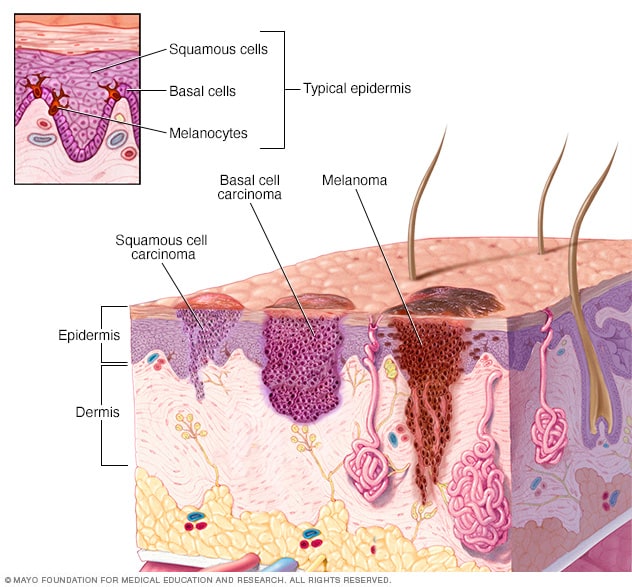Every year, on our way to our favorite beach, we pass Eglin Air Force base. As we drive past, we're always looking to see which way the large radars are pointing and what the sign in front of the base shows regarding their security status level. We've passed when the radars were pointing west, pointing east, and pointing north. When they're tipped upward, we get concerned, especially if the security alert is on high. We know, if the status is high, there's danger. And while we're thankful our military is always watching; the public isn't always aware of impending danger.
For the person touched by cancer, it seems our antenna are always on high alert. We're always watching and waiting. While we watch and wait and hope cancer never comes back, we know there's a real chance it could. We pay more attention to our bodies. Every ache, every pain, every random soreness could be an indicator that something needs attention. That's when we realize we've allowed ourselves to become cancerphobic.
It's not a place we choose to be, it just is what it is. Cancer does a number on a person. It causes one to go into an anxious and high stress state. It doesn't feel good to know there are things that happen with our bodies over which we have absolutely no control. So, we find ourselves always on high alert.
When two small spots popped up on my face last year, I wasn't overly concerned. I assumed they were from years of sun exposure. They were small and unobtrusive. I covered them easily with makeup, but when they began to grow and change color a bit, I started watching them.
Years earlier, I'd had a small black melanoma removed from the top of my right hand. The doctor had done a punch biopsy to remove it and I'd had 3 stitches to close the wound, leaving a tiny star shaped symbol on my had. All of this had happened before my diagnosis with breast cancer. I knew how dangerous melanoma could be. I'd lost a high school friend to melanoma. He'd had a black mole on his back and thought it just an ugly mole. Within a few months, he was dead. That incident caused all of us to examine our bodies closely. Who would have thought a simple mole could be so deadly?
The places on my face didn't look like melanomas to me. They weren't large. They weren't black. They didn't look bad, but they were there, and they didn't used to be. I didn't want to take a chance, so I contacted a dermatologist and went in for an exam.
The dermatologist took a complete medical history on me and then began the physical exam. She had a specialized tool that would allow her to magnify and exam the spots in detail. After the exam, she said she didn't think they were cancerous but couldn't be sure without biopsies. With my history of cancer and my family's history, too, I asked her to go ahead and remove them.
First, she gave me an injection of lidocaine to numb my face. Then, she began to use a tool to shave layer after layer of the places away. When she had removed the growths, she took a cautery tool and began to cauterize the surgical sites to prevent bleeding. As I sat in the chair smelling my own skin burning, it was odd. I was thankful she had the expertise to help, and I was thankful I was being proactive.
I should receive the results of the biopsies in a week or so. I'm praying there's no evidence of any cancer.
Melanomas can develop anywhere on your body. Most of the time, they develop on areas of the skin that have been exposed to the sun. Those areas include the face, arms, legs, and back. But they can also appear on other areas of the body, like the soles of your feet or under the nails.Normal moles are usually one color - tan, brown, or black. They usually have a uniform border and are usually smaller than a pencil eraser, but they can change over time.
B represents border. Moles with unusual borders may have characteristics of melanoma. Pay attention to scalloped or notched borders.
C represents color. Moles come in all kinds of colors but are usually one color. If you find a mole with more than one color, or one with an uneven distribution of color, pay attention. This could be indicative of melanoma.
D represents diameter. Any mole larger than a pencil eraser should be checked by a doctor.
E represents evolving. Watch your moles. If they begin to change over time, there may be something wrong. Pay attention to the shape, size, and color. If the mole begins to bleed or itch, consult a doctor right away.

Melanomas occurs when melanocytes become damaged. Those are cells that give color to your skin.
There are many ways the cells can become damaged. Exposure to tanning beds and excessive exposure to ultraviolet radiation are the most common causes of melanoma, but there are other risk factors. Those with very fair skin are at risk because they have less protection from damaging sun rays. Family history of melanoma can increase one's risk as well as a weakened immune system.



No comments:
Post a Comment